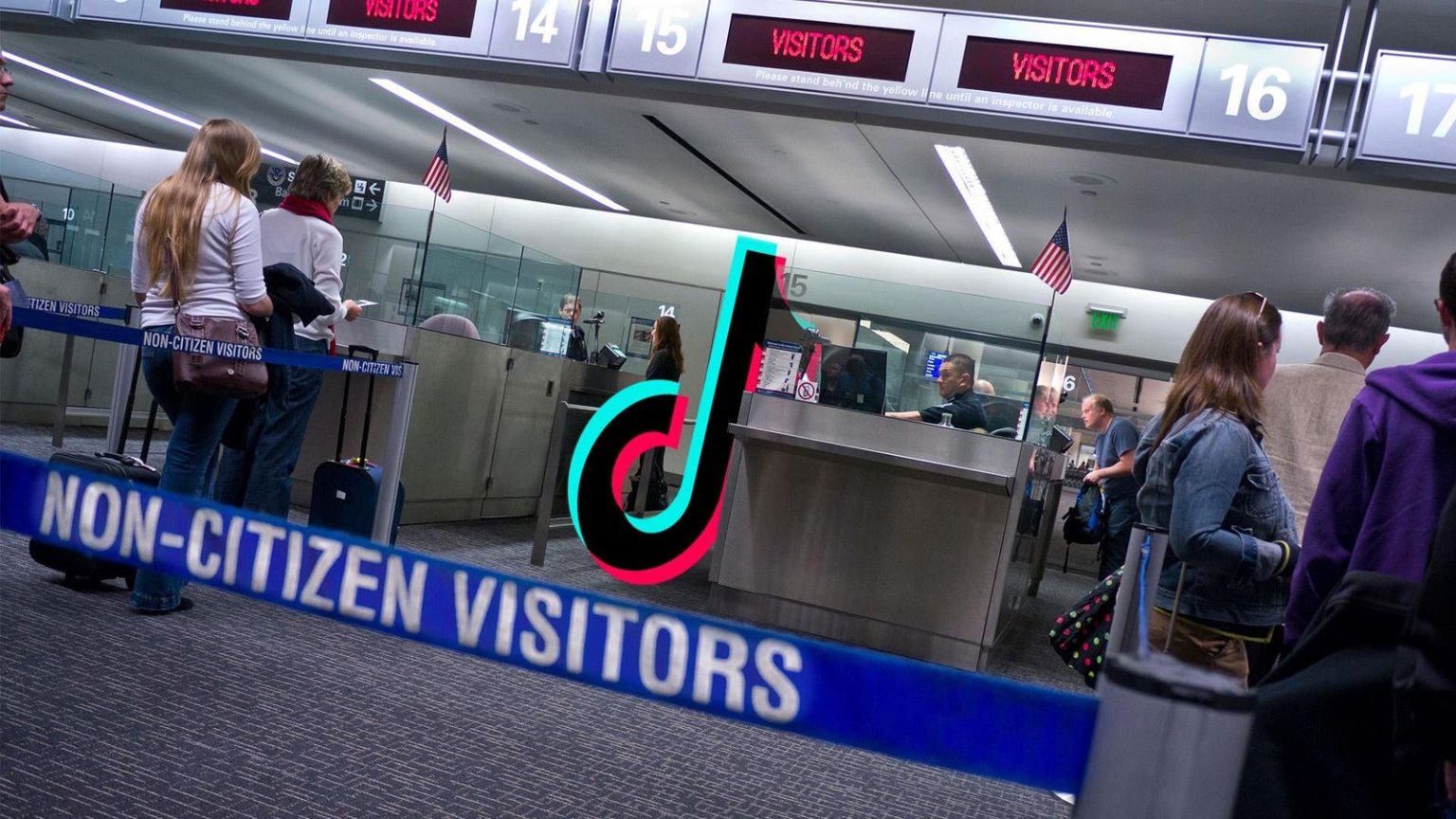Border Patrol agents have recently been questioning employees traveling to the U.S., many of whom are Chinese, about their access to sensitive American data and their potential membership in the Chinese Communist Party. This comes as TikTok and its parent company, ByteDance, have faced increasing scrutiny from U.S. regulators over concerns that the app could provide the CCP access to American data or influence.
Multiple TikTok employees have been stopped at the border and faced questioning from Customs and Border Protection (CBP), with a focus on their relationship with ByteDance and the company’s efforts to protect American user data. Questions have included inquiries about the employees’ access to U.S. TikTok users’ data, involvement in specific projects, and ties to the Chinese Communist Party.
The increased scrutiny on TikTok employees aligns with a broader trend of CBP questioning Chinese students and academics, particularly those in the sciences, at U.S. borders. The agency is seeking to prevent technological espionage from China, leading to questions about academic work, political connections, and CCP membership.
Despite ongoing efforts by TikTok to prevent China-based employees from accessing American user data, reports have suggested that U.S. data was still accessible to employees in China, raising concerns about potential government intervention. The company faced a backlash after a China-based team used the app to surveil American citizens, prompting internal investigations and congressional inquiries.
Following these incidents, President Biden signed a law that could lead to a ban on TikTok in the U.S., requiring Apple and Google to remove the app from their stores in 270 days unless ByteDance sells its interest in the U.S. operations. TikTok and ByteDance have vowed to challenge the divestment bill in court while facing other legal challenges from the U.S. government, including a criminal probe by the Department of Justice.
These ongoing legal battles may provide context for why CBP agents are questioning TikTok employees at the border, as CBP interviews are often used to gather information about individuals and companies under investigation. With TikTok and ByteDance facing multiple challenges, foreign employees are finding it more difficult to travel to the U.S. for work, with internal policies now restricting work trips to 30 days.
A spokesperson for Customs and Border Protection stated that CBP is responsible for protecting the nation’s borders and enforcing laws at ports of entry for various government agencies. All international travelers entering the U.S., including U.S. citizens, are subject to examination by CBP, hinting at the broader government scrutiny faced by TikTok and its employees.













